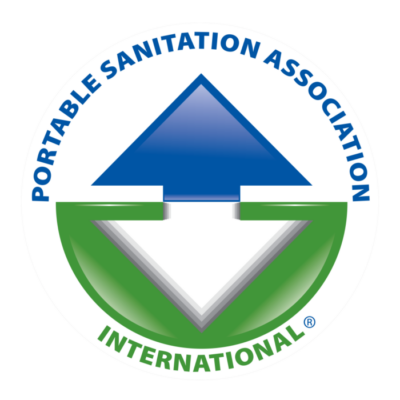
Understanding Employer Benefits Compliance: Why It Matters for Your Business
Avoid Costly Penalties and Ensure Employee Satisfaction
Providing employee benefits isn’t just about keeping your workforce happy—it’s also about staying compliant with legal requirements. If your business qualifies as an Applicable Large Employer (ALE) under the Affordable Care Act (ACA), failing to meet compliance rules could result in significant penalties. Understanding these regulations helps protect your business financially while ensuring your employees receive the coverage they need.
What is an Applicable Large Employer (ALE)?
An ALE is any business with 50 or more full-time equivalent (FTE) employees. Even if you don’t have 50 full-time staff, part-time employees’ hours can add up to the equivalent, pushing you into the ALE category. If you meet this threshold, you must comply with specific ACA regulations.
ACA Compliance for ALEs
As an ALE, you must offer health insurance that meets ACA standards to all full-time employees (those working 30+ hours per week). Failure to do so could result in Employer Shared Responsibility Payments (ESRP), which can be costly.
Key ACA Requirements: MEC and MVP
- Minimum Essential Coverage (MEC): Basic health insurance that meets ACA’s minimum standards.
- Minimum Value Plan (MVP): A plan covering at least 60% of total costs and providing substantial coverage for hospital and doctor services.
If you fail to offer these plans to at least 95% of your full-time employees, you could face penalties, particularly if an employee qualifies for tax credits through the ACA marketplace.
ACA Safe Harbors and Affordability
To be ACA-compliant, your health plan must be affordable, meaning it cannot cost employees more than 9.83% of their household income. Since employers often don’t have access to household income details, the ACA provides safe harbors, such as using W-2 wages or federal poverty line guidelines, to determine affordability.
Annual Filings and Compliance
To maintain compliance, ALEs must complete several annual filings:
- Form 5500: Required for companies with 100+ employees offering health plans.
- Forms 1095-C and 1094-C: Reporting health coverage details to employees and the IRS.
- 105(h) Non-Discrimination Testing: Ensures self-insured health plans treat all employees fairly.
Stay Compliant and Protect Your Business
Keeping up with ACA regulations is crucial to avoid penalties and provide valuable benefits to your employees. If you’re unsure about your ALE status or whether your benefits meet ACA requirements, consult your benefits broker today. They can help you navigate the complexities of compliance while ensuring your employees receive the coverage they deserve.
Make compliance a priority—protect your business and provide the right benefits for your workforce today!